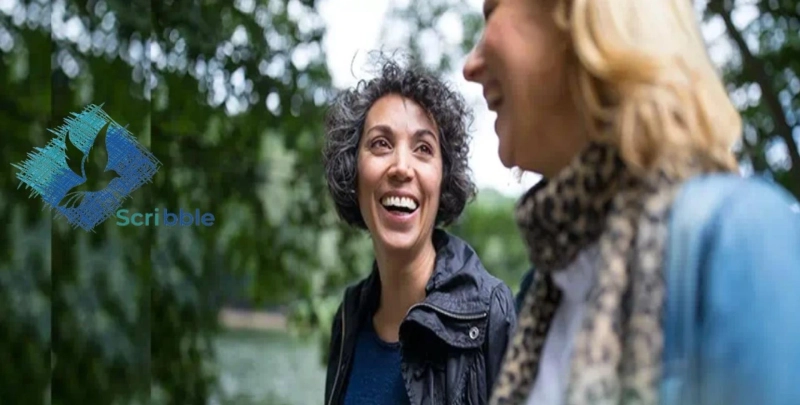Psychosocial recovery coaching in Melbourne significantly impacts the lives of individuals with mental disabilities, particularly participants of the National Disability Insurance Scheme (NDIS). Understanding the importance of psychosocial recovery coaches and the challenges faced by individuals is crucial to appreciating the benefits of this service. This article explores the various aspects of psychosocial recovery coaching and its positive effects on individuals and their families.

Who are Psychosocial Recovery Coaches?
Psychosocial recovery coaches are skilled professionals dedicated to enhancing the quality of life for individuals with mental disabilities. They support participants in managing daily activities and achieving personal goals. Here are vital ways these coaches assist in skill-building:
- Goal Setting: Coaches help participants develop a sense of purpose by setting achievable goals and providing guidance to reach them.
- Life Skills: They teach functional skills for daily activities such as cooking, cleaning, and financial management.
- Social Skills: Coaches enhance participants\' communication, problem-solving, and conflict-management capabilities.
- Self-Care: They encourage and motivate individuals to perform self-nurturing tasks that improve physical and mental well-being.
Benefits of Psychosocial Recovery Coaching
Empathy and Understanding
Empathy is vital when working with individuals with mental disabilities. Psychosocial recovery coaches show genuine understanding and attention, helping participants feel seen and heard. Building trust is crucial; the more trust a participant has in their coach, the more open they are to discuss their issues. This openness allows coaches to provide tailored advice, acknowledge the participant\'s viewpoint, and work towards rebuilding trust and comfort.
Skill Building
Learning new skills greatly impacts the lives of individuals with mental disabilities. Skills such as cooking, cleaning, and financial management enable them to meet their daily needs independently, enhancing their sense of accomplishment. Trusted support coordination between coaches and participants is essential in this process. Coaches provide guidance, encouragement, and practical support, making tasks easier to learn and execute.
Community Participation
Engaging in community activities reduces feelings of loneliness and isolation, which can exacerbate mental health issues. Psychosocial recovery coaches play a critical role in connecting individuals with their communities. They encourage participation in group activities like sports, art, or volunteering, empowering individuals to become active community members.
Stress Management
Managing stress is vital for individuals with mental health challenges, as stress can worsen both psychological and physical health. Psychosocial recovery coaches teach significant stress management techniques, helping individuals feel calm, composed, and in control. Coaches introduce relaxation methods such as breathing exercises, meditation, and physical training. They also assist in identifying stress triggers and developing problem-solving strategies.
Choosing the Right Coach
Selecting a qualified and suitable psychosocial recovery coach is essential for individuals battling mental health issues. A well-matched coach can help with goal-setting and identify effective coping strategies to promote optimal mental health and psychological well-being. There is something uniquely efficient about having an expert guide, encourage, and hold you accountable for your actions in this form of treatment.
Many service providers offer psychosocial recovery coaching, but choosing the right one is crucial. For example, Scribble, an NDIS service provider, offers skilled and professional psychosocial recovery coaches. They ensure trusted support coordination, enhancing the effectiveness of their services.
Conclusion
Psychosocial recovery coaching in Melbourne offers invaluable support to individuals with mental disabilities, particularly NDIS participants. Coaches assist in goal-setting, skill-building, and community participation, significantly enhancing participants\' quality of life. They also provide essential stress management techniques and foster empathy and understanding. Selecting the right coach, such as those from reputable NDIS service providers, ensures individuals receive the best possible support. Psychosocial recovery coaches play a vital role in promoting mental health and overall well-being through trusted support coordination and dedicated care.



